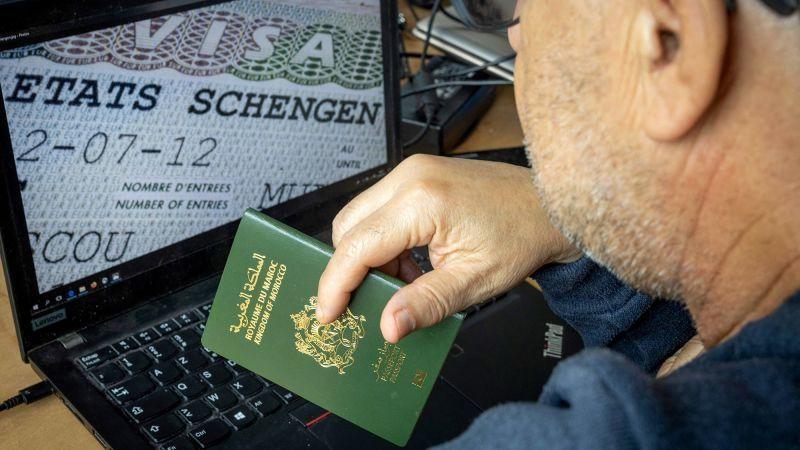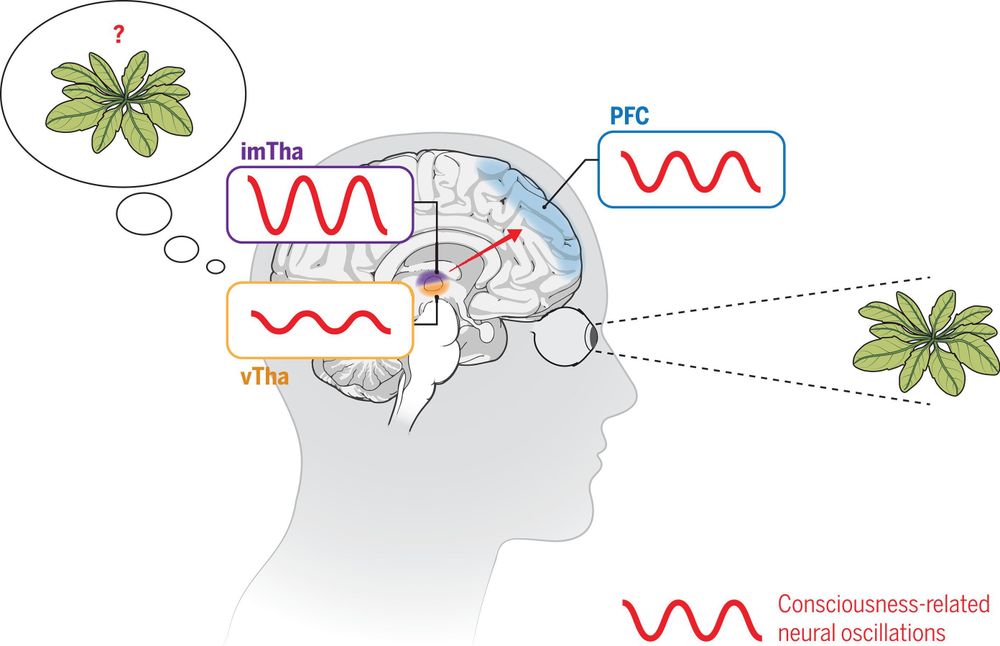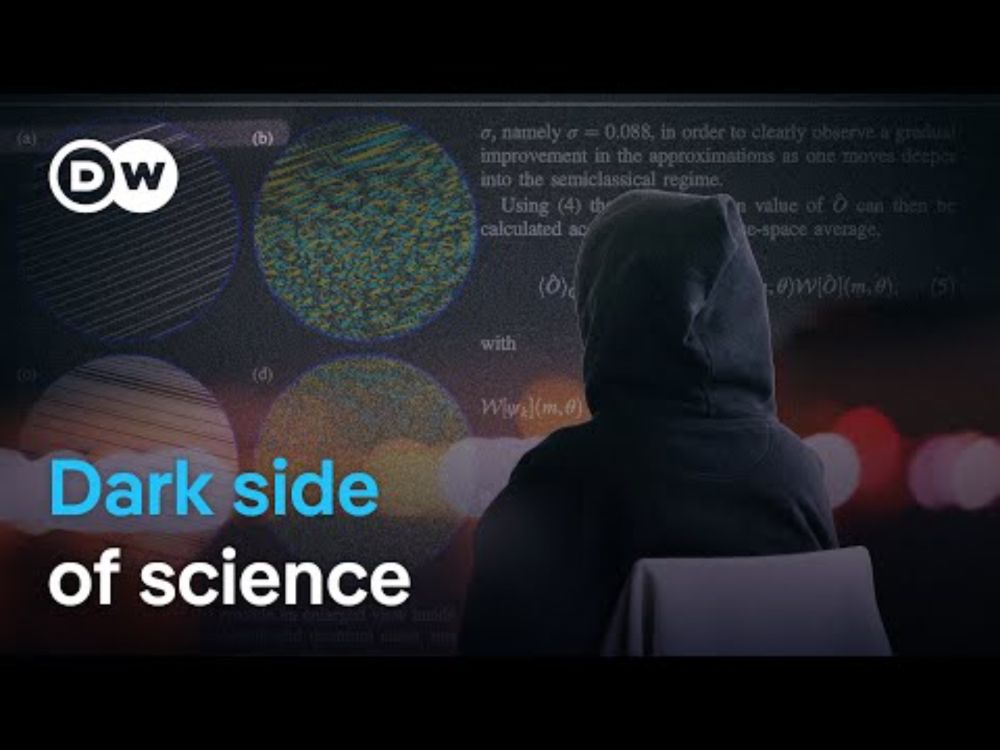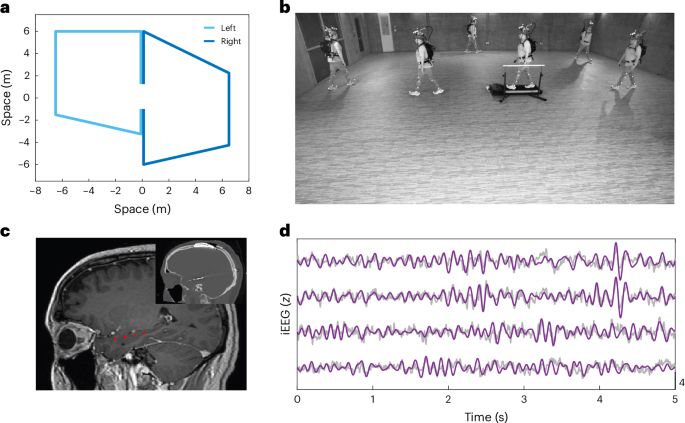former kids who read too many books and didnt know how to pronounce the words you learned gang say hey
31.08.2025 00:19 — 👍 4055 🔁 361 💬 653 📌 362

Steve Furber powerpoint slide showing picture of Ada Lovelace and a quote: "I have my hopes, and very distinct ones too, of one day getting cerebral phenomena such that I can put them into mathematical equations--in short, a law or laws for the mutual actions of the molecules of brain. .... I hope to bequeath to the generations a calculus of the nervous system."
incredible Ada Lovelace quote highlighted in a talk by Steve Furber. She spells out the dream of computational neuroscience, 2 centuries ago. The sheer ambition 🤩
29.08.2025 09:21 — 👍 78 🔁 21 💬 1 📌 1
NWB just turned 10 years old! Researchers worldwide have downloaded 1.9 PB of NWB data from @dandiarchive.org. This animation shows the reach of NWB, facilitating collaboration across the globe. What impact has open neurophysiology data had on your science? Share your stories! 🧠
@openscience
18.08.2025 13:57 — 👍 33 🔁 9 💬 0 📌 5
![5-panel comic. (1) [teacher with long hair next to whiteboard] TEACHER: I’m supposed to give you the tools to do good science. (2) [teacher addressing students] But what *are* those tools? Methodology is hard and there are so many ways to get incorrect results. What is the magic ingredient that makes for good science? (3) TEACHER: To figure it out, I ran a regression with all the factors people say are important: [embedded list in sub-panel, cut off at end] Outcome variable: correct scientific results. Predictors: collaboration; skepticism of others’ claims; questioning your own beliefs; trying to falsify hypotheses; checking citations; statistical rigor; blinded analysis; financial disclosure; open data (4) TEACHER: The regression says two ingredients are the most crucial: 1) genuine curiosity about the answer to a question, and 2) ammonium hydroxide. (5) STUDENT: Wait, why did *ammonia* score so high? How did it even get on the list? LONG HAIR: ...And now you’re doing good science!](https://cdn.bsky.app/img/feed_thumbnail/plain/did:plc:cz73r7iyiqn26upot4jtjdhk/bafkreigzaphhj4mfgfrxddlvdmw47335gnwzqbfqvrnff5x4oovgpf36nq@jpeg)
5-panel comic. (1) [teacher with long hair next to whiteboard] TEACHER: I’m supposed to give you the tools to do good science. (2) [teacher addressing students] But what *are* those tools? Methodology is hard and there are so many ways to get incorrect results. What is the magic ingredient that makes for good science? (3) TEACHER: To figure it out, I ran a regression with all the factors people say are important: [embedded list in sub-panel, cut off at end] Outcome variable: correct scientific results. Predictors: collaboration; skepticism of others’ claims; questioning your own beliefs; trying to falsify hypotheses; checking citations; statistical rigor; blinded analysis; financial disclosure; open data (4) TEACHER: The regression says two ingredients are the most crucial: 1) genuine curiosity about the answer to a question, and 2) ammonium hydroxide. (5) STUDENT: Wait, why did *ammonia* score so high? How did it even get on the list? LONG HAIR: ...And now you’re doing good science!
Good Science
xkcd.com/3101/
12.06.2025 20:28 — 👍 3527 🔁 633 💬 24 📌 33
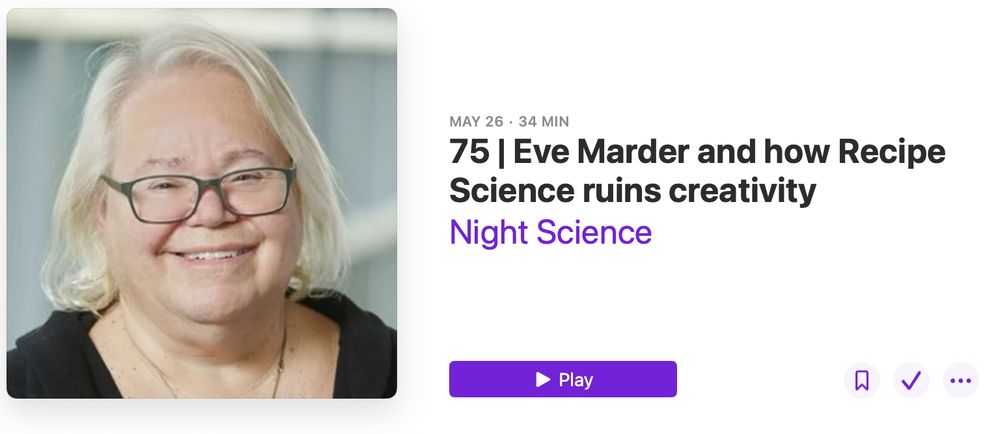
🔥 New episode of the Night Science podcast! The brilliant Eve Marder, professor at Brandeis University, talks with us about how "Recipe Science" ruins creativity.
Apple: podcasts.apple.com/us/podcast/n...
Spotify: open.spotify.com/episode/4mSv...
26.05.2025 14:53 — 👍 72 🔁 17 💬 3 📌 9
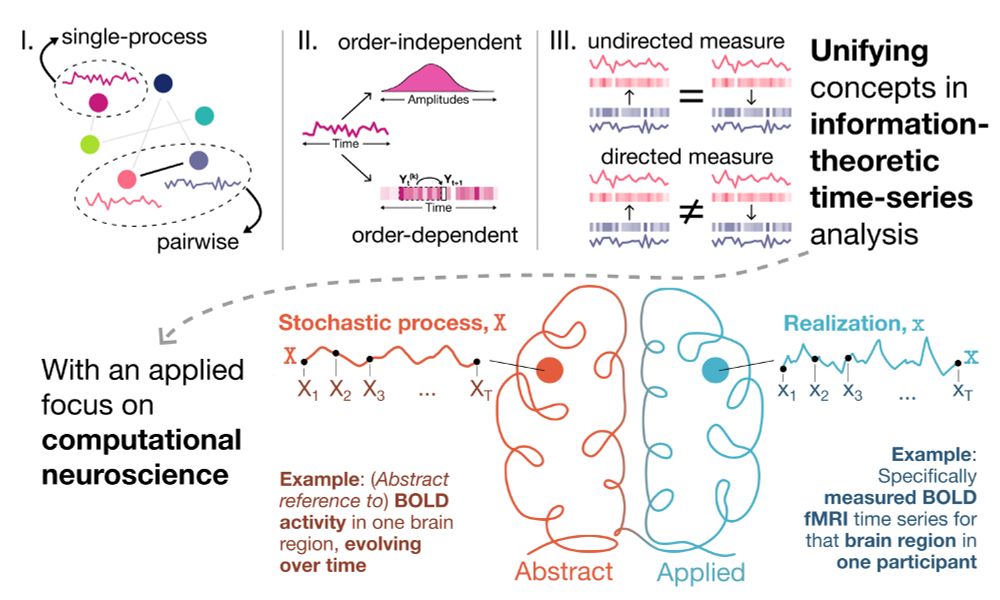
Info theory offers powerful measures for capturing complexity & interaction among elements of a complex system, like the brain! 🧠 Here's our new unified reference for key info-theoretic time series measures ft. 📊 visuals, ➗equations, & 💬descriptions:
arxiv.org/abs/2505.13080
20.05.2025 03:26 — 👍 64 🔁 29 💬 4 📌 2

Dopaminergic processes predict temporal distortions in event memory
Our memories do not simply keep time - they warp it, bending the past to fit the structure of our experiences. For example, people tend to remember items as occurring farther apart in time if they spa...
New from our lab: your brain doesn’t just remember time - it bends it.
We show that the dopamine system responds to natural breakpoints in experience, and this relates to more stretched memories of time. Blinking also increases, signaling encoding of new memories.
www.biorxiv.org/content/10.1...
19.05.2025 21:56 — 👍 94 🔁 35 💬 3 📌 3
Your periodic reminder that one way to think about privilege is: who's allowed to make mistakes?
19.04.2025 02:34 — 👍 13345 🔁 3135 💬 157 📌 113

(1/n) Excited to announce FrugalScience 2025 (www.frugalscience.org). In its 5th year - Frugal science is a global community of creators engaged in bringing affordable solutions to the world. Anyone around the world can sign up (for free): form here docs.google.com/forms/d/e/1F...
08.04.2025 00:42 — 👍 26 🔁 12 💬 1 📌 0

Brain implant translates thoughts to speech in an instant
Improvements to brain–computer interfaces are bringing the technology closer to natural conversation speed.
A brain-reading implant that translates neural signals into audible speech has allowed a woman with paralysis to hear what she intends to say nearly instantly
https://go.nature.com/3QStZtI
31.03.2025 15:31 — 👍 112 🔁 26 💬 1 📌 4
Control Principles of Neural Dynamics Revealed by the Neurobiology of Timing | Annual Reviews
Cognition unfolds dynamically over flexible timescales. A major goal of the field is to understand the computational and neurobiological principles that enable this flexibility. Here, we argue that th...
A bit delayed, but I'm happy to announce my first paper as a postdoc in the Jazayeri lab! We discuss recent insights into the neurobiology of timing and why timing is a useful platform to understand flexible control of behavior more generally. We hope the review is useful!
tinyurl.com/5n8yhxet
24.03.2025 22:29 — 👍 65 🔁 13 💬 7 📌 0
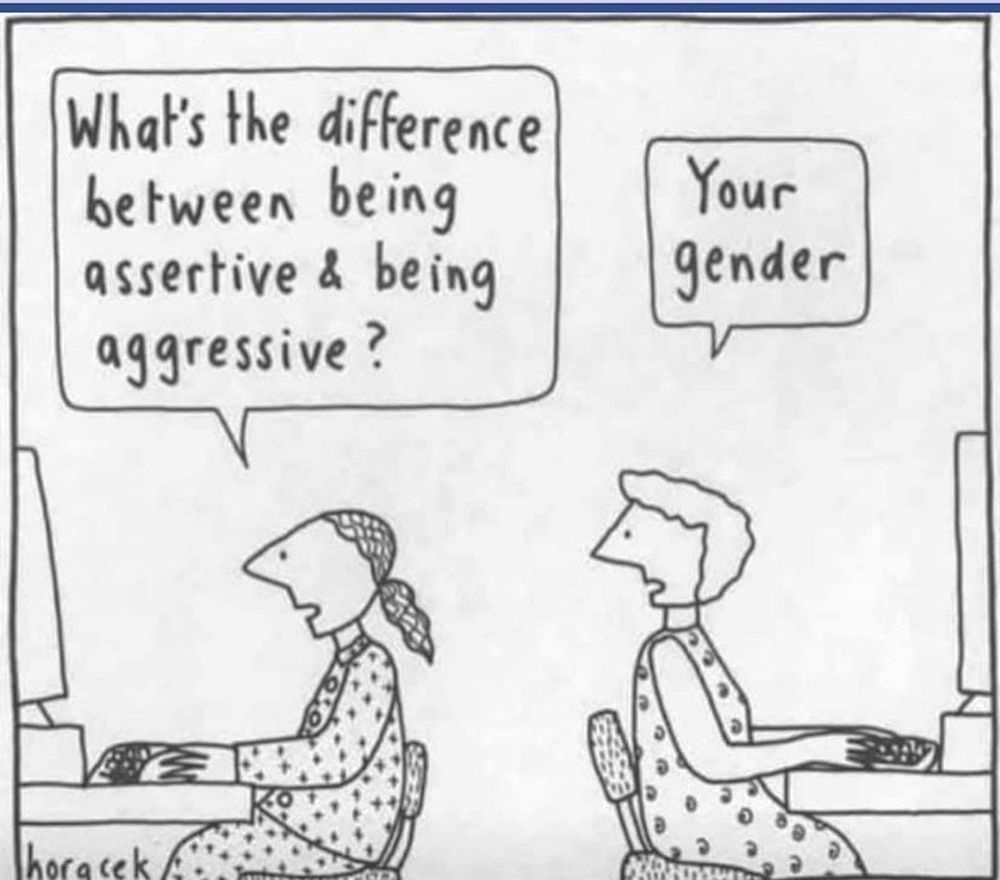
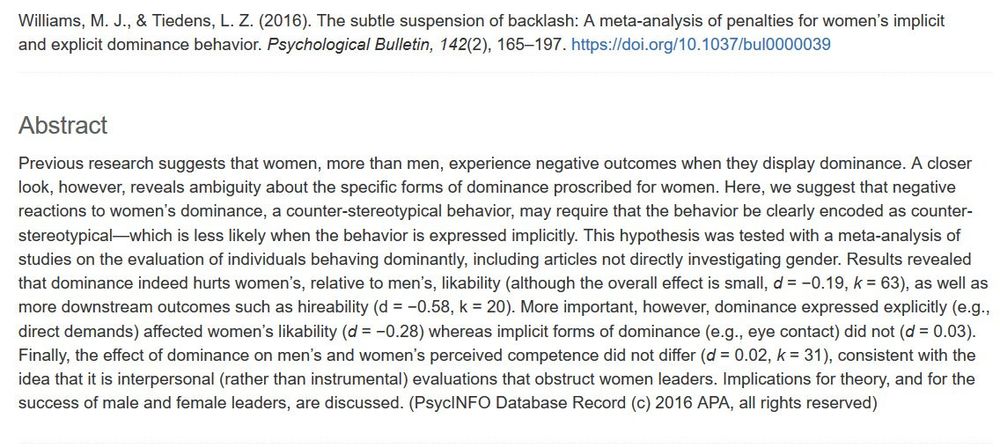
63 studies: women who assert their ideas, make direct requests, and advocate for themselves are liked less.
They're also less likely to get hired—and it hasn't improved over time.
When will we stop punishing women for violating outdated gender stereotypes?
22.03.2025 13:25 — 👍 3862 🔁 988 💬 163 📌 80
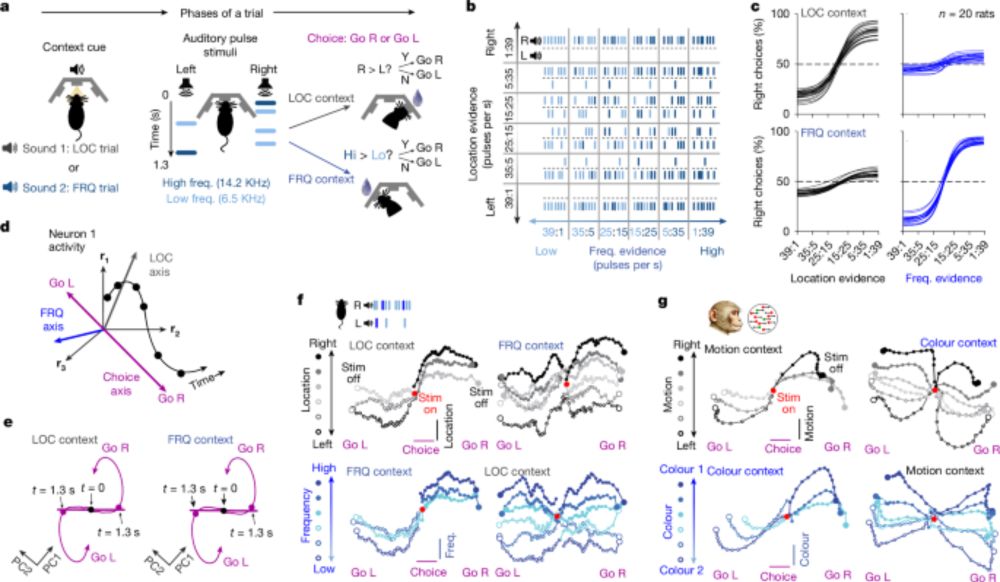
Individual variability of neural computations underlying flexible decisions - Nature
Behavioural experiments to study decision-making in response to context-dependent accumulation of evidence provide testable models that are consistent with the heterogeneity in neural signatures among...
1/7 Our paper on individual variability in decision-making is finally out in @nature.com! Inspired by the classic work by Mante and Sussillo, we trained many rats to solve context-dependent decision-making, and we found that different brains use different neural mechanisms to solve the same task!
21.03.2025 13:28 — 👍 237 🔁 86 💬 7 📌 5
Science is not individuals makings discoveries. It’s communities acquiring knowledge.
15.03.2025 06:50 — 👍 49 🔁 13 💬 1 📌 1
YouTube video by DW Documentary
How Germany's elite research institution fails young scientists | DW Documentary
www.youtube.com/watch?v=n5nE...
Important and painful
13.03.2025 20:58 — 👍 72 🔁 24 💬 0 📌 6
Scientific progress depends on exchanging ideas with other experts and getting feedback from them. Academic freedom is necessary to enable that progress. Restricting how scientists can interact with other scientists impedes scientific progress — and development of future cures.
12.03.2025 04:14 — 👍 75 🔁 12 💬 2 📌 0
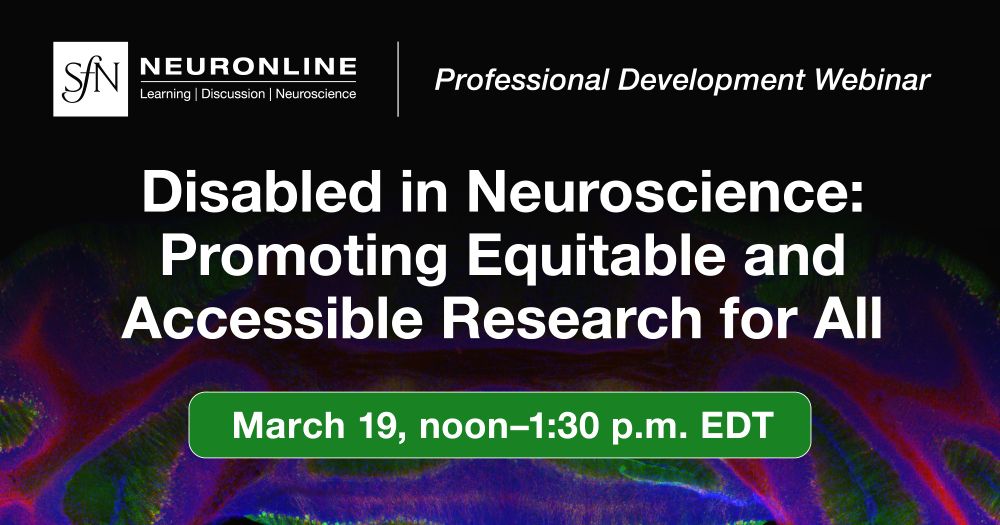
Gain insights on accessibility challenges & more as researchers share firsthand experiences & practical advice on how to improve accessibility in science in this webinar w/ @umarchatterjee.bsky.social, Kimberly Fiock, PhD, Billie Goolsby, BA, @brittgratreak.bsky.social, & @dwwilliamslab.bsky.social.
11.03.2025 20:30 — 👍 13 🔁 7 💬 1 📌 0
Homepage - openRxiv
openRxiv is an independent non-profit, the new organizational home for bioRxiv and medRxiv, enabling researchers to instantly share groundbreaking findings with the global scientific community.
Big news: we are setting up a new non-profit organization to run bioRxiv and medRxiv. It's called openRxiv [no it's not a new preprint server; it's dedicated organization to oversee the servers] openrxiv.org 1/n
11.03.2025 13:20 — 👍 2571 🔁 849 💬 55 📌 42
Being disabled isn’t some abstract concept. It’s not a moral failing. It’s not something you can “try harder” their way out of.
It’s something that can happen to anyone at any time.
Once it happens to you, you will understand how little support exists. Help us & your future self will thank you.
08.03.2025 03:37 — 👍 3120 🔁 893 💬 55 📌 39
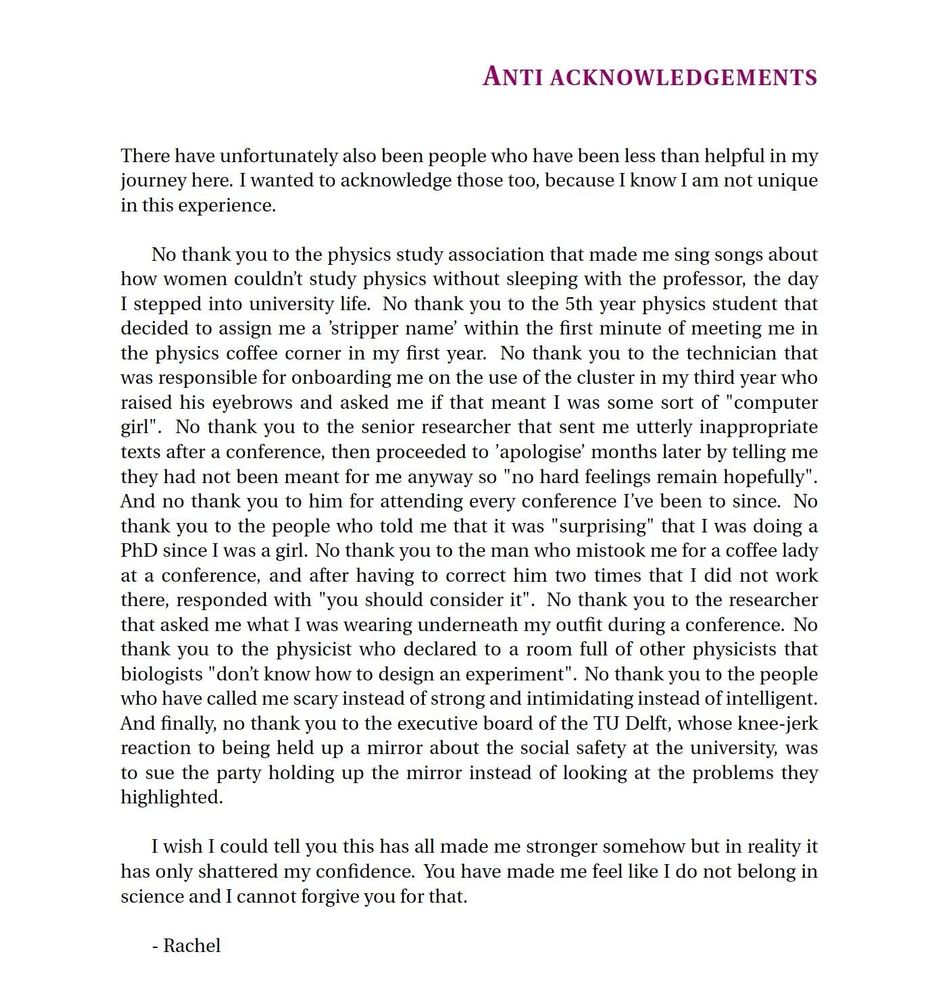
There have been people less than helpful in my journey here. I wanted to acknowledge those too, bc I know I am not unique in this experience.
No thank you to the physics study assoc that made me sing songs about how women couldn't study physics without sleeping with the professor, the day I stepped into university life. No thank you to the 5th year physics student that decided to assign me a stripper name within the first minute of meeting me in the physics coffee corner in my first year. No thank you to the technician that was responsible for onboarding me on the use of the cluster in my third year who raised his eyebrows and asked me if that meant I was some sort of computer girl. No thank you to the senior researcher that sent me utterly inappropriate texts after a conference, then proceeded to apologise months later by telling me they had not been meant for me anyway so no hard feelings remain hopefully And no thank you to him for attending every conference I've been to since. No thank you to the people who told me that it was surprising that I was doing a PhD since I was a girl. No thank you to the man who mistook me for a coffee lady at a conference, and after having to correct him two times that I did not work there, responded with you should consider it. No thank you to the researcher that asked me what I was wearing underneath my outfit during a conference. No thank you to the physicist who declared to a room full of other physicists that biologists don't know how to design an experiment. No thank you to the people who have called me scary instead of strong and intimidating instead of intelligent.
And finally, no thank you to the exec board of the TU Delft, whose knee-jerk reaction to being held up a mirror about the social safety at the university, was to sue the party holding up the mirror instead of looking at the problems they highlighted.
... You have made me feel like I do not belong in science & I cannot forgive you for that.
A friend included this anti-acknowledgement section on her PhD thesis. She also added the proposition: “Systematic bullying and undermining of girls and women in STEM starts early on and is the reason why they do not stay in science and related fields.”
Absurd we still need to go through this
🧪👩🔬
06.03.2025 16:40 — 👍 6571 🔁 2352 💬 122 📌 332
PhD Candidate at Donders Institute for Brain, Cognition, and Behaviour in Nijmegen
Ph.D. candidate at York University, Toronto, Canada. My research focuses on visual spatial perception involving multisensory integration.
Scientist studying neural dynamics in Parkinson's disease at SFU.
Tryhard home cook | sci-fi nerd | movie buff. Views my own.
Neuro. Cerebellum. Assistant Professor at Yale School of Medicine, Allen Institute Next Gen Leader, Board Member of The Swaliga Foundation, Lead organizer/matriarch of People of Color Burning Man camp. My words. She/her
www.snelllab.org
The internet's friendliest banshee, PhD.
The Werner Herzog of dynamic systems neuroscience.
Occasional Gàidhlig, constant shouting.
Researching how the brain adapts to neurodegeneration using music.
She/her.
noun | a reference source containing words alphabetically arranged along with information about their forms, pronunciations, functions, and etymologies
Computational Neurobiologist from Sydney, Australia. https://shine-lab.org
searching for principles, goal-driven behavior, empirical approach, integration | doing comp neuroscience & psychiatry | PI @cmc-lab.bsky.social | previously @maxplanckcampus.bsky.social (Peter Dayan & Nikos Logothetis)
Senior Research Fellow @ ucl.ac.uk/gatsby & sainsburywellcome.org
{learning, representations, structure} in 🧠💭🤖
my work 🤓: eringrant.github.io
not active: sigmoid.social/@eringrant @eringrant@sigmoid.social, twitter.com/ermgrant @ermgrant
Happy dad | Fascinated by perception | Anti-realist | Chair CCN2025 | #UvA #MidLevelVision #CognitiveAI
Phd student at @MPI_NL@Donders, working on multimodal semantic representations in 🖥️ and 👶🧠 https://tianaidong.github.io/
Computational cognitive scientist at NYU. Founder of Growing up in Science.
NeuroAI at McGill University & Mila
https://thuy-n.com/
I post mainly about Neuroscience, Machine Learning, Complex Systems, or Stats papers.
Working on neural learning /w @auksz.bsky.social CCNB/BCCN/Free University Berlin.
I also play bass in a pop punk band:
https://linktr.ee/goodviewsbadnews
Supporting neuroscience research since 1955.
politics. rights. responsibility. health/HIV. LGBT🏳️🌈. Jesus' man. Avid volunteer. Chorister. School governor. Allotment owner. Cyclist. Nature. Open Science. Leadership. #EDI. Views mine!
https://globaltapestryconsulting.co.uk/
Neuroscience PhD student at University of Delaware and Nemours Children's Health
National Brain Research Centre Alumni
Neurophysiologist working on motor control and neural population dynamics. Assistant Prof. at the Case Western Reserve University School of Medicine.
https://sauerbreilab.org/
chaotically postdocing • UniWien & UTDallas, previously UniOxford | pain, proteomics, multi-omics & open science | chronic migraines | raised on unceded Algonquin, Anishinabek territory | she/they 🌈🍉




![5-panel comic. (1) [teacher with long hair next to whiteboard] TEACHER: I’m supposed to give you the tools to do good science. (2) [teacher addressing students] But what *are* those tools? Methodology is hard and there are so many ways to get incorrect results. What is the magic ingredient that makes for good science? (3) TEACHER: To figure it out, I ran a regression with all the factors people say are important: [embedded list in sub-panel, cut off at end] Outcome variable: correct scientific results. Predictors: collaboration; skepticism of others’ claims; questioning your own beliefs; trying to falsify hypotheses; checking citations; statistical rigor; blinded analysis; financial disclosure; open data (4) TEACHER: The regression says two ingredients are the most crucial: 1) genuine curiosity about the answer to a question, and 2) ammonium hydroxide. (5) STUDENT: Wait, why did *ammonia* score so high? How did it even get on the list? LONG HAIR: ...And now you’re doing good science!](https://cdn.bsky.app/img/feed_thumbnail/plain/did:plc:cz73r7iyiqn26upot4jtjdhk/bafkreigzaphhj4mfgfrxddlvdmw47335gnwzqbfqvrnff5x4oovgpf36nq@jpeg)

